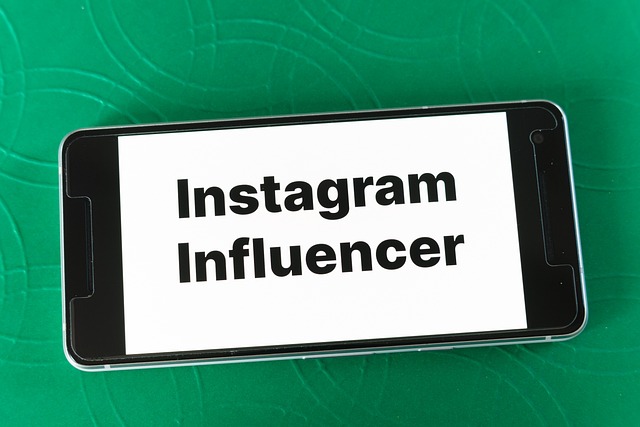In the ever-evolving landscape of digital marketing, influencer marketing has emerged as a powerful tool to enhance social media impact. As brands strive to connect with their target audiences, the authenticity and reach provided by influencers have made them indispensable allies in the quest for visibility and engagement. The crux of influencer marketing lies in its ability to leverage the trust that followers place in their favorite personalities, whether they are celebrities, industry experts, or relatable micro-influencers.
Social media has become a vibrant marketplace buzzing with potential. Its diverse platforms offer an array of tools for businesses to engage, promote, and inform their audiences. Yet, amidst the vast ocean of content, how can brands ensure they resonate? This is where the synergy of influencer marketing and social media comes into play. By partnering with influencers, brands can tap into established communities and cultivate deeper relationships with potential consumers.
The beauty of influencer marketing lies in its versatility. From Instagram and TikTok to YouTube and Twitter, each platform uniquely cultivates its audience, presenting a tailored approach for brands. Influencers on Instagram, for example, excel at creating visually appealing content, while those on TikTok tap into trends and creativity. This means that brands can select influencers that perfectly align with their target demographics, ensuring that their message reaches the right ears.
Additionally, influencer collaborations allow for storytelling that feels organic rather than promotional. Audiences are increasingly savvy; they can discern when they are being marketed to. Influencers craft narratives that incorporate products seamlessly, making promotions feel like a natural part of their content. This authenticity fosters trust and drives higher engagement, making it clear why influencer marketing is a rising trend in the digital sphere.
Moreover, the measurable results of influencer marketing campaigns cannot be overstated. Through partnerships, brands can track engagement metrics, conversion rates, and even ROI more accurately than traditional marketing methods. This data-driven approach enables businesses to refine their strategies continuously, ensuring their social media impact is consistently optimized.
As an essential component of the modern marketing mix, influencer marketing invites brands to rethink their approach to social media. No longer just a passive platform for advertising, social media is a dynamic stage where brands can engage authentically with their audience. By investing in the relationships that influencers have built, brands can not only improve their outreach but also create a community around their products or services.
Ultimately, the power of influencer marketing lies in realizing its potential to humanize brands. It’s about finding voices that resonate with the audience and forming authentic connections. As this trend continues to flourish, businesses that embrace the nuances of social media will surely see the benefits through loyal customer relationships and brand growth.



